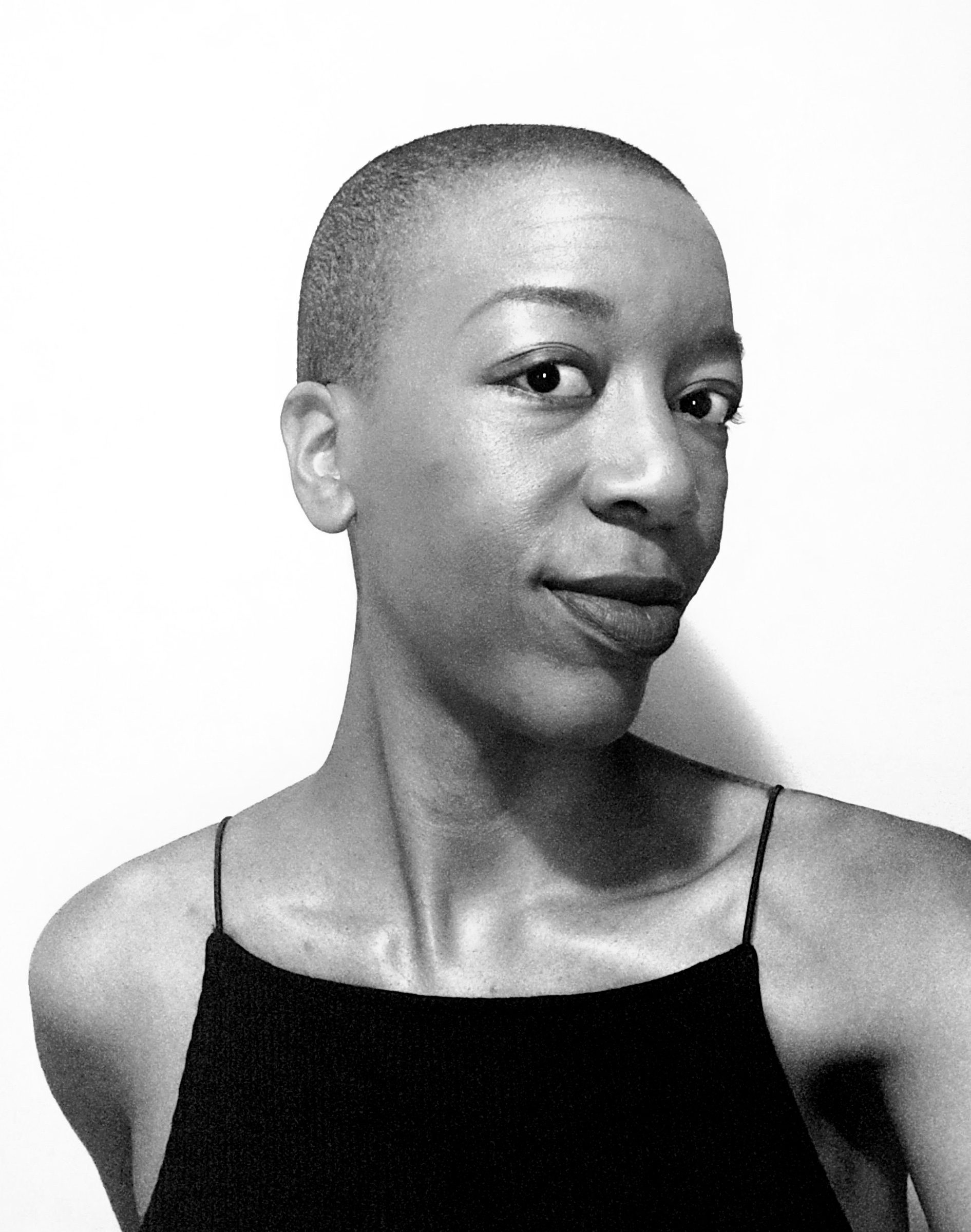In a recent interview, Amanda Seales, actress and co-star of the series Insecure, recounted her experiences on set, particularly with other women in the cast. She made efforts to bond, like organizing icebreaker activities, which failed to pique interest from her colleagues.
She spoke about an incident at a Black Emmys party where she was inexplicably denied entry, only to be briefly admitted then told to leave by security, experiencing a physical altercation in the process. Post-incident, she endured an uncomfortable period of silent treatment from her castmates and turned to fellow cast member and Insecure co-creator Issa Rae for support.
Amanda indicated that Issa’s publicist was responsible for barring her from the Emmys party. Issa allegedly declined to intervene. A subsequent phone call with the publicist revealed her personal dislike as the reason for Amanda’s exclusion.
Grieving failed leadership.
Media narratives now frame the situation as a conflict between Issa and Amanda, sparking debates on social media about taking sides. However, the real issue seems to be the misrepresentation of a Black woman’s lived experience for sensationalism.
Amanda never expressed animosity toward Issa, acknowledging her contributions to the Black community. Yet, she highlighted a significant point in the interview: She didn’t feel empowered by Issa, a noted advocate for women’s empowerment.
I don’t perceive Amanda as a villain intent on destroying Issa’s reputation. I see a woman grieving. Working with Issa on a culturally significant series like Insecure must have been a dream come true.
For years, I’ve aspired to collaborate with Issa, who is akin to the Black millennial woman’s Oprah. To finally get the chance to work with a woman you hold in high esteem, only to be let down when you seek her support, is surely devastating.
Heroes are fallible.
This situation highlights the issue of how society elevates public figures, never allowing us to consider they might have flaws or make mistakes like anyone else. Acknowledging the truth that our heroes are fallible is similar to the realization that Santa Claus doesn’t exist.
If we so much as hint at this to our peers, we’re vilified. Instead of falling back on the typical “Hero vs. Villain” narrative, maybe it’s time to address the profound sense of loss we feel when those we most admire also become the source of our greatest disappointments.
Protect Black women.
Black women deserve protection and respect, regardless of people’s personal feelings toward us. Whether we’re perceived as annoying, difficult, a lot to handle, or any other euphemism for simply existing, is a non-factor. Choosing to do “nothing” when abusers target us in spaces where we belong, is unacceptable.
Empowerment and respect for all women is a fundamental right to be upheld without exception. It’s essential to uplift Black women, who continue to face microaggressions at work, including being spoken over in meetings, harsher criticism for mistakes, and bias against our natural hair.
True advocacy for women’s empowerment involves active support, especially when we’re vulnerable. Leaders have a responsibility to create environments where every woman thrives without fear of harm or retaliation.
Working Twice as Hard is a compelling read that delves into the unique challenges Black women endure in the workplace. I draw from my own experiences and those of other Black women to offer a no-holds-barred guide that covers the good, bad, and ugly of traditional employment and entrepreneurship.
This book is more than a collection of stories. It’s a source of empowerment and a beacon for those who strive to set their own pace in the business world. For anyone looking to understand the realities of work life for Black women, this book is an essential resource.

